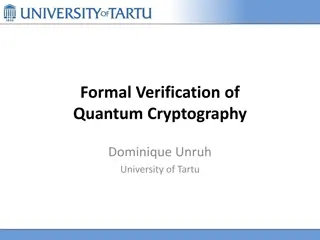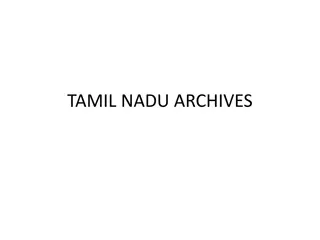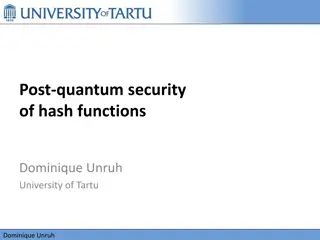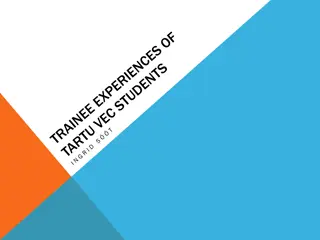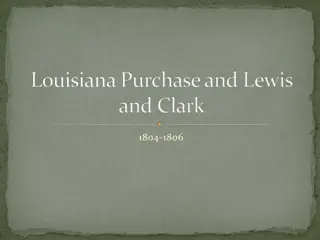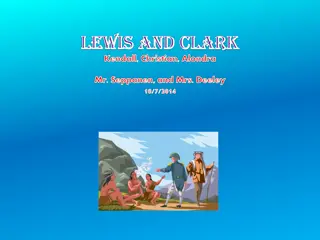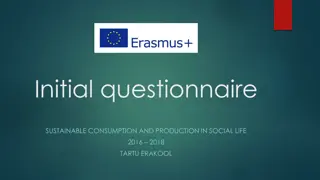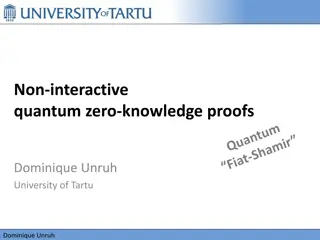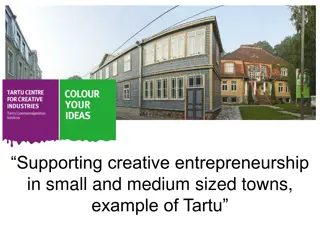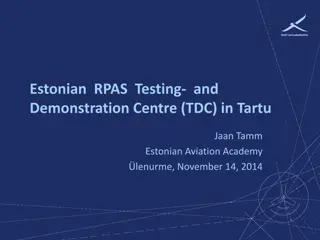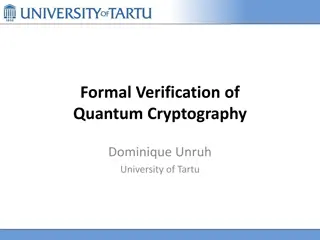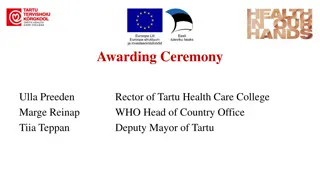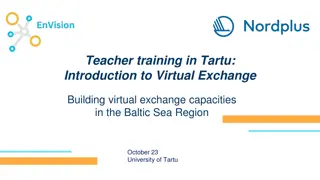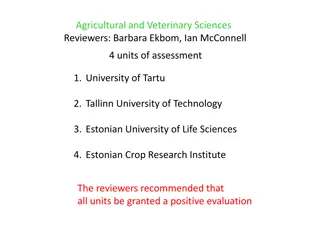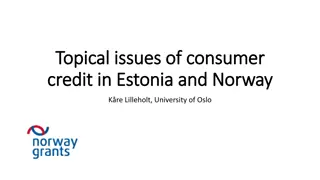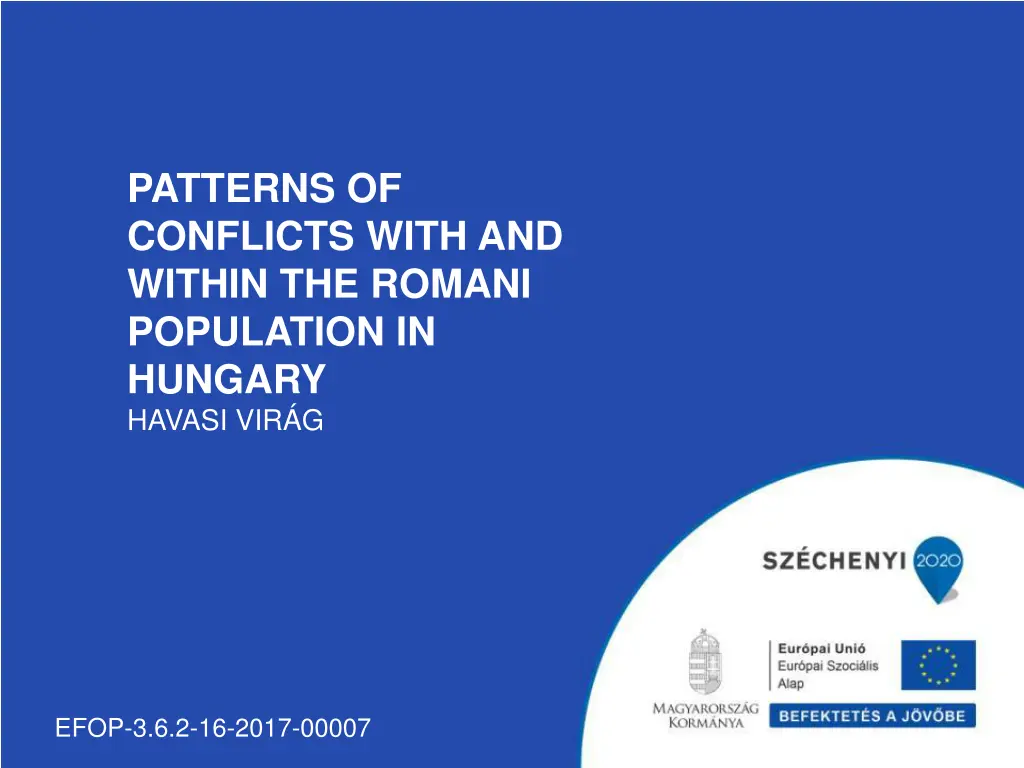
Conflicts and Challenges Faced by the Romani Population in Hungary
Explore the intricate patterns of conflicts within and surrounding the Romani population in Hungary, including issues of poverty, education, labor market struggles, and political tensions. Delve into research findings from specific regions, institutional conflicts, the emergence of a new Romani leader, concerns regarding public work programs, and the complexities of the labor market in the context of community dynamics.
Download Presentation

Please find below an Image/Link to download the presentation.
The content on the website is provided AS IS for your information and personal use only. It may not be sold, licensed, or shared on other websites without obtaining consent from the author. If you encounter any issues during the download, it is possible that the publisher has removed the file from their server.
You are allowed to download the files provided on this website for personal or commercial use, subject to the condition that they are used lawfully. All files are the property of their respective owners.
The content on the website is provided AS IS for your information and personal use only. It may not be sold, licensed, or shared on other websites without obtaining consent from the author.
E N D
Presentation Transcript
PATTERNS OF CONFLICTS WITH AND WITHIN THE ROMANI POPULATION IN HUNGARY HAVASI VIR G EFOP-3.6.2-16-2017-00007
First appearance in Hungary: 15th century Main groups: Vlach, Boyash, Hungarian 2011 census: 315 583 1/3-1/2 of the Roma lives in deep poverty, and 1/3-1/2 of people living in deep poverty has Romani origin Education: segregated schools in connection with residential segregation/ segregated classes (bilingual classes, higher level maths) High drop out rate in secondary school/ Roma students in secondary schools providing final examinations is below 15 per cent/ 2 per cent of young Roma begin their studies in higher education and 0.5 per cent obtains a degree Labour market .labour shortage, public work schemes, working abroad
OUR RECENT RESEARCH TARGETED: Post industrial town ( zd) Small village in an agricultural territory (Ful k rcs) 413 inhabitants, 80% Roma, 40% children
CONFLICTS ON INSTITUTIONAL LEVEL, POLITICS Corruption School and its maintainer (KLIK) Here people do not politicize Everyone voted for Fidesz, because we are afraid of the immigrants People have fear from the right wing parties If we got help from one side, we would support it
THE NEW GYPSY MAYOR Earlier mayor (uneducated, alcoholic non-gypsy) Failor in his first attempt Tanoda, public forum Good boss
PUBLIC WORK Number of public workers (NLO) Who can work? The work what has to be done
PROBLEMS WITH PUBLIC WORK We consider public work ridiculous. But we need to give work and income to the people Public work Public work is lengtening of social subsidy. Accusation, frequent control Situation of enterprises is harder. We cannot compete with payed idleness
LABOUR MARKET Bosch and some SME Public institutions Social cooperative (forestry)
INSTITUTION-INDIVIDUAL School: feeling of discrimination (first in gypsy-non gypsy relation, then differentiation between the families) Police: monthly problems (abusing of power: fines)
SCHOOL-TANODA I do not agree with the principles of upbringing of many families, children s place is in the school 1-3 grades in the village Tanoda-60 children
GYPSY-NON GYPSY Typical problems Stealing Cutting fruit trees Different behaviour (more impulsive, shouting) Run-down buildings, lack of hygiene (home and body) Mutual hostility Ful k rcs In the past, strangers In the past The same Some families Respect, we were raised up tugether
STEALING Winter firing Most of the families cultivate their gardens and public workers get from the products
CONFLICTS BETWEEN ONE GYPSY WITH THE OTHER Here and elsewhere Debates between neighbours (fights, causing harm) Gossip, situative truth Fights under the influence of alcohol Envy Debates on legacy Constant quarrels between the husband and wife in some families Elsewhere but not here Indigenous- newcomer They do not let in strangers 90% of population has name of Mata, D vid, Putnoki Usury
KSZNETNYILVNTS A kutat st az EFOP-3.6.2-16-2017-00007 azonos t sz m , Az intelligens, fenntarthat s inkluz v t rsadalom fejleszt s nek aspektusai: t rsadalmi, technol giai, innov ci s h l zatok a foglalkoztat sban s a digit lis gazdas gban c m projekt t mogatta. A projekt az Eur pai Uni t mogat s val, az Eur pai Szoci lis Alap s Magyarorsz g k lts gvet se t rsfinansz roz s ban val sul meg.
THANKS FOR ATTENTION!


